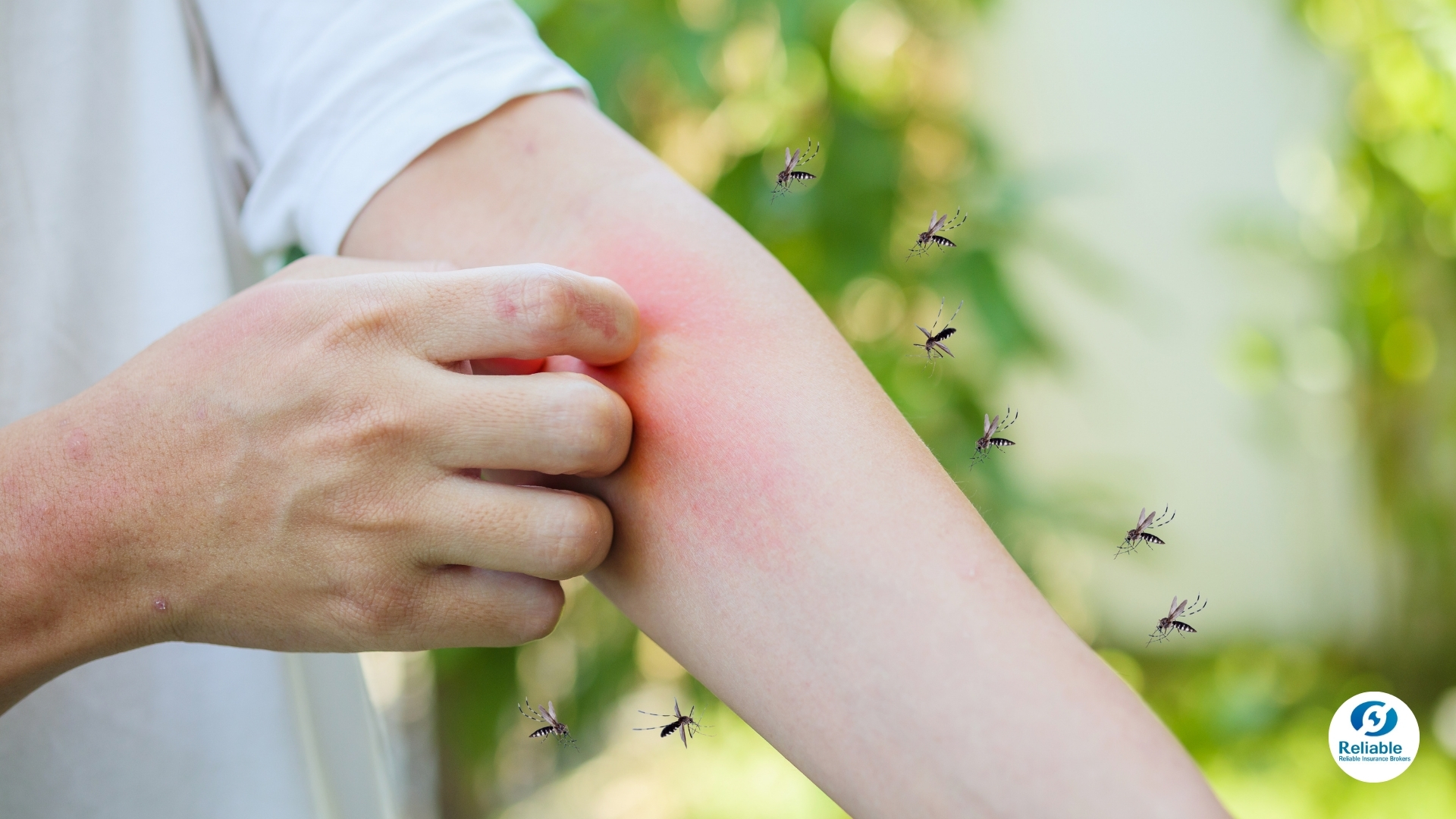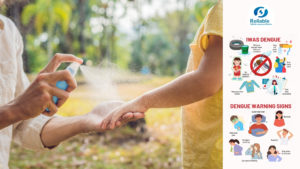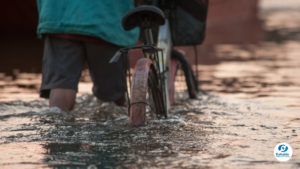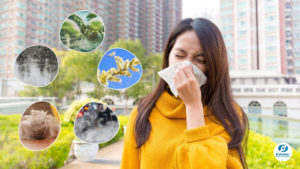Dengue cases are on the rise in the Philippines, but is it a cause for concern? We’re here to help clarify the matter and help ease your mind with tips on how you and your loved ones can stay safe despite the concerning news.
Known Hot Spots
The Department of Health (DOH) confirms that there is a rise in Dengue cases nationwide. As of February 1, 2025, more than 28,000 cases have been logged, a 40% increase from the previous year.
Quezon City in Metro Manila was the first to declare an outbreak last February 15, after 1,700 cases had been reported, with 10 fatalities. The local government of QC has stepped up efforts to deal with the outbreak, including extensive spraying and fogging operations across the city’s 142 barangays.
A recent update from the DOH said eight other areas were reporting a similar significant rise in cases that may lead them to declare an outbreak. The DOH did not name the specific locales, but the following regions were named:
- Calabarzon
- Central Luzon
- The NCR.
Who is Most Susceptible
While Dengue does not discriminate on who it infects, some are more susceptible than most to the disease and its effects. In fact, most people bitten by the Aedes mosquito will not have symptoms, but some do develop what’s called “severe” dengue and may need hospital care.
Dengue symptoms are commonly a high fever, head and body aches, nausea, and rashes. It is also known as “breakbone fever” due to the pain it causes. At its worst, the infected will require blood transfusions.
Given these symptoms, among the most vulnerable are the elderly and children. In the Quezon City outbreak, 8 of the 10 fatalities were aged below 17 years.
The elderly are more vulnerable to Dengue given weaker immune systems due to age as well as complications from existing chronic conditions. Children are at greater risk also due to weaker immune systems compared to adults, but they are more vulnerable to plasma leakage and the potentially fatal “dengue shock” syndrome.
While Dengue is a virus with four serotypes, exposure to one might not necessarily mean immunity to the others. Often, the first infection is mild. But reinfection by a different Dengue serotype has a higher risk of leading to its more severe symptoms.
Role of Your Insurance
Two of the most common ways to deal with Dengue are preventing the spread of the Aedes mosquito and vaccination. The first involves making sure there are no standing water sources in your immediate environment while the second can be obtained through any health institution. We have an extensive guide to preventing Dengue here.
Your insurance can play a key role in dealing with Dengue outbreaks. Depending on your policy, you can easily get the necessary Dengue vaccines for you and your family. Your policy can also help deal with the symptoms of Dengue by giving you access to necessary medical attention, especially in cases where you or your loved ones show signs of high fever, pain, and rashes.
Reliable Insurance Brokers offers a wide selection of policies that help you deal with Dengue. We are committed not only to your health but also your peace of mind in such challenging times.
Our specialists are always ready to assist you in knowing more about your options in dealing with this deadly disease.
Contact Information for Inquiries and Support
If you have any questions or need assistance with your insurance, feel free to reach out to us:
- Call: +63 2 8631 9285 to 86
- Mobile: +63 917 138 5120
- Email: info@reliable-insurance.ph
- Messenger: m.me/reliable.insurancebrokersph
Sources
- Philippine Daily Inquirer (2025, Feb. 15), DOH sees 40% rise in Dengue cases as of Feb. 1.
- PIA.Gov (2025, Feb. 19), QC conducts extensive anti-dengue spraying ops in 142 barangays.
- Philippine Star, (2025, Feb. 18), Potential dengue outbreaks in 9 areas nationwide – DOH.
- World Health Organization (2024, April 23), Dengue and severe dengue.
- Know Dengue, Dengue in children: understanding the impact on children's health










